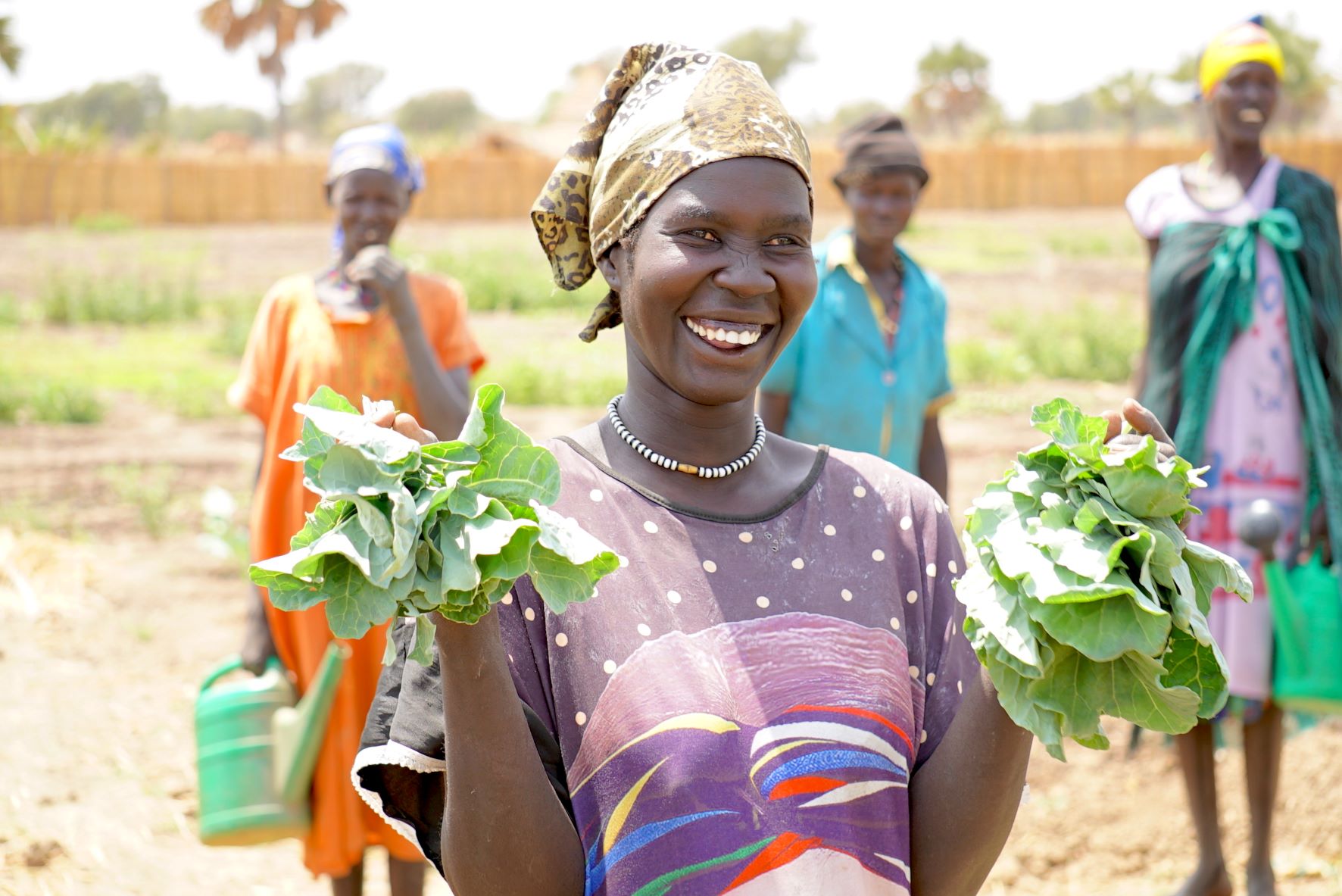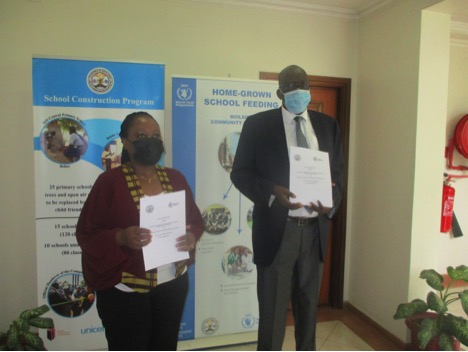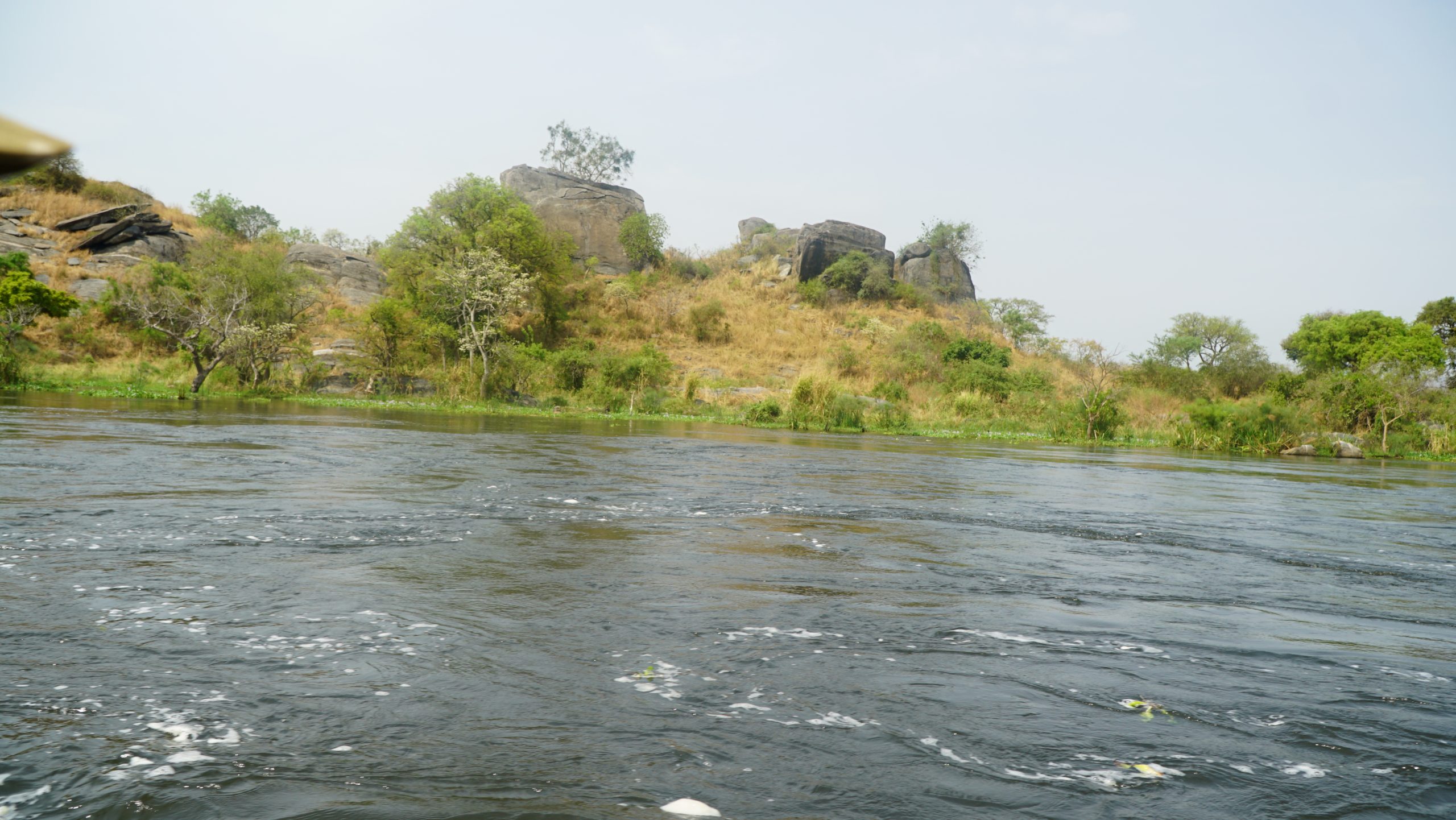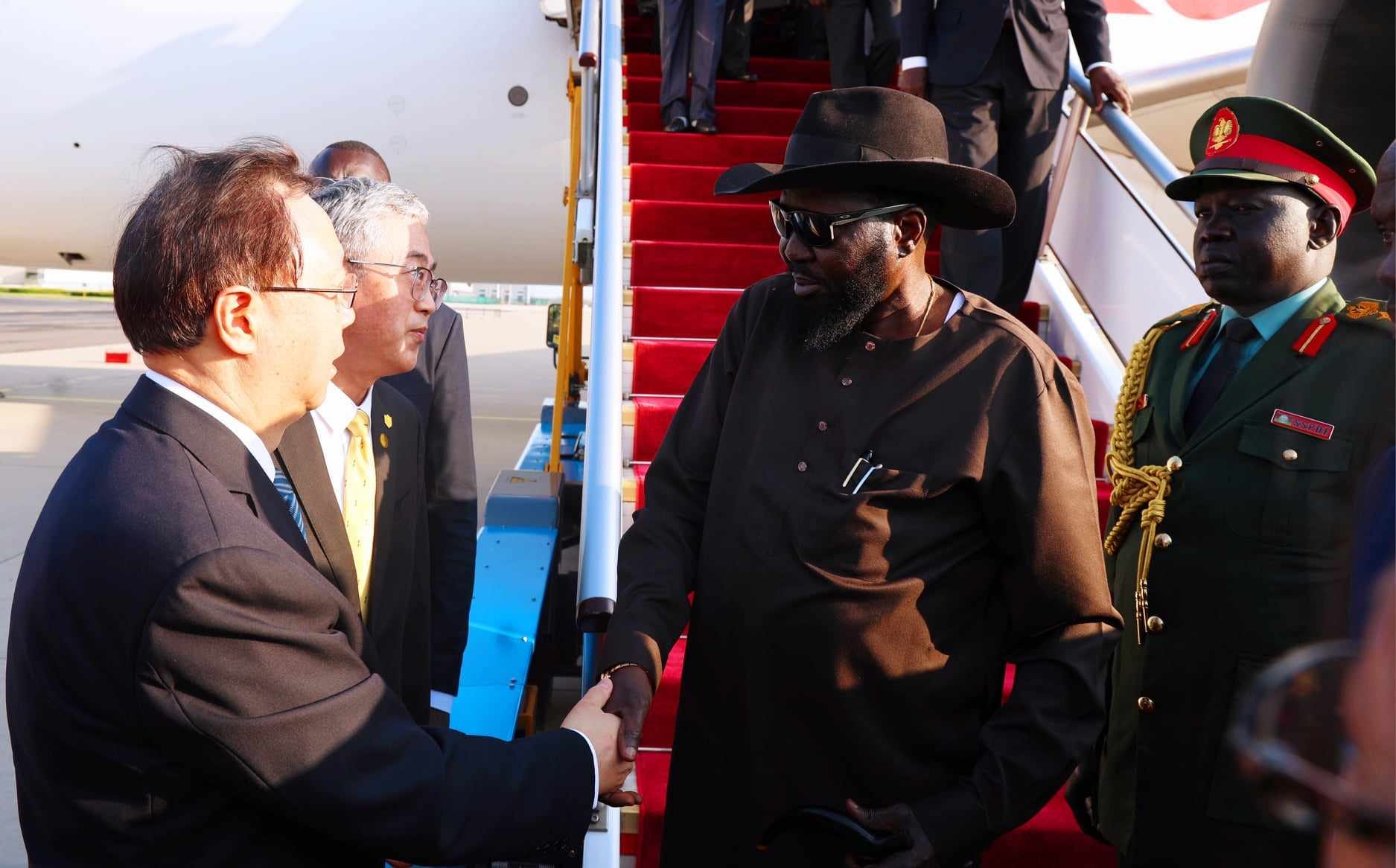
Climate crisis threatens food security for women and girls in South Sudan

WFP News
Juba-Women and girls, especially in rural communities, continue to face the brunt of the climate crisis that exacerbates pre-existing inequalities, jeopardizes their food security and feeds instability and migration, warns the United Nations World Food Programme on International Women’s Day.
International Women’s Day 2022 focuses on “Gender equality today for a sustainable tomorrow” recognizing the contribution of women and girls around the world who play a crucial role in climate change adaptation and mitigation.
South Sudan’s climate is characterized by extremes and is highly vulnerable to natural hazards, such as prolonged drought events, weather-induced and vegetation-induced locust infestations, and record floods. Women and girls are often the most affected by such climate shocks, which exacerbate already existing inequalities and increase the likelihood of negative coping mechanisms.
Women already bear the brunt of household work to support their families, which becomes only more challenging when compounded by climate shocks. With the third year of unprecedented flooding in the country, women in flooded areas are forced to travel long distances to collect firewood; some even dive into flooded water to look for wood, which increases the risk of safety and protection incidents.
“Existing inequalities, such as lack of access to financial services or involvement in decision-making further compound the impact of climatic shocks, undermining women’s ability to prepare for, cope with and recover from these shocks and stresses” said Deputy Country Director of the World Food Programme (WFP) in South Sudan, Adeyinka Badejo.
“Women are the bedrock of food security and yet are hardest hit by climate shocks and food insecurity,” said WFP’s Assistant Executive Director, Valerie Guarnieri. “A sustainable future is only possible when women and girls have what they need to adapt to the changing climate.”
The World Food Programme (WFP) is working with the Government of South Sudan and partners to address these systemic barriers that continue to exacerbate gender inequalities in food security and nutrition while simultaneously expanding resilience programming to ensure communities, particularly women and girls, are equipped with climate adaptation skills to deal with these shocks.
“Through our programmes, we engage with women and girls, alongside men and boys, to challenge gender-based discrimination and empower women and girls through education and resilience programmes to improve their livelihoods and adapt to climatic shocks,” added Badejo.
Across South Sudan, WFP supports 20,000 women farmers by providing them with knowledge and skills to promote agronomical practices and improve post-harvest handling, enhancing livelihoods and building resilience to protect against climate-related shocks.
In Warrap State, WFP works with women farmers whose lands are frequently flooded and often lose their sorghum and groundnut harvests. To help them adapt to their changing climate, WFP introduced rice planting in flood-prone areas to diversify their food production by using moisture-tolerant crops. This allowed women farmers in Twic County and Tonj South to not only feed their families but also sell bags of rice in the local market for extra income to buy necessities and pay for school fees.
In a year when humanitarian needs are on an upward trend and aid agencies are stretched thin, supporting communities vulnerable to the harsh realities of the climate crisis is an urgent priority.




































